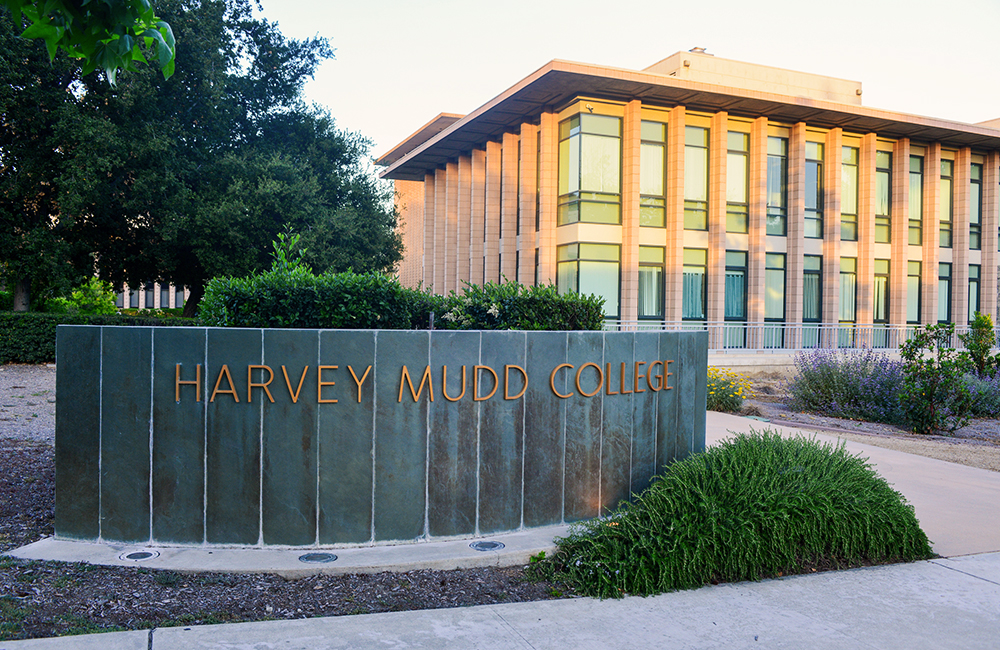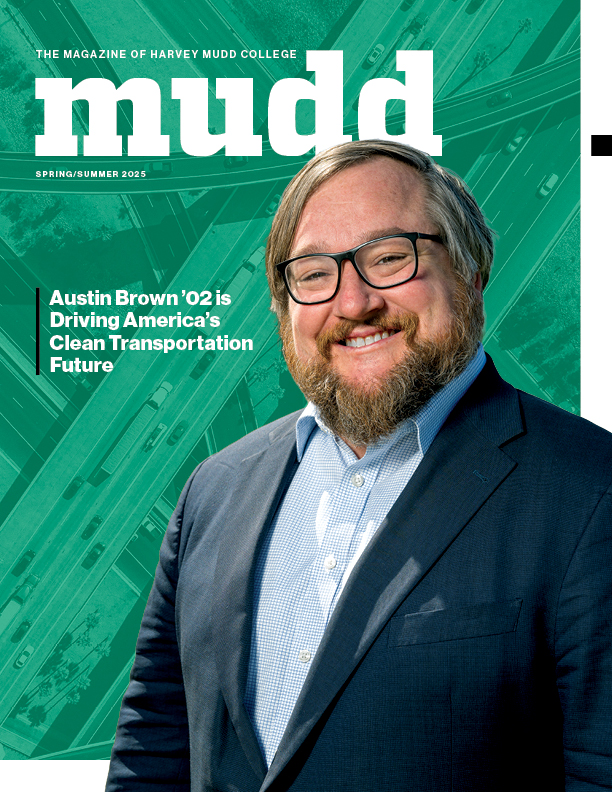NSF Renews Research Funding for CS Faculty
March 24, 2020
Harvey Mudd College computer science professors George Montañez and Lucas Bang have received National Science Foundation (NSF) funding for a renewal of the Research Experience for Undergraduates (REU) site at Harvey Mudd College.
Focusing on computer systems, with an eye toward search, artificial intelligence and data science, the REU brings the most compelling aspects of graduate school to a 10-week summer program where HMC students and faculty work as peers on stimulating research questions. Academic and recreational group activities create a strong common-cohort experience. The program develops research ability, improves presentation skills and nurtures student interest in research-related careers. In August 2019, the Computer Science Department completed its fifth three-year REU at HMC and Montañez and Bang are eager to continue the site for another three years.
“Our REU site encourages students to pursue graduate work in computer science by providing a microcosm of (the best of) the graduate-school research experience. In addition, we aspire to provide our students with the skills and confidence necessary to succeed in graduate school,” says Montañez.
The program goals are to build a sense of joy and empowerment for doing computer science research and graduate study; expose students to the entire research process (literature survey, problem identification, ethical considerations, investigative work and preparation of publishable results); engage all students in developing significant research contributions; and develop excellent teamwork skills as well as oral and written communication skills.
“Members of the Computer Science Department have learned a great deal through our first five REUs,” says Bang. “Our evidence strongly suggests that all our participants found the program to be beneficial, stimulating—and even joyful!”
The REU site involves 10 students each summer for a 10-week period. To foster a strong cohort experience, students work in groups of two or three with an experienced faculty mentor. Each group gives three to four presentations on their research during the summer.
“Our ‘whole-experience’ approach provides students with an understanding of research that
is more exciting, compelling and accurate than providing each student with a prepackaged research problem or adding undergraduates as ‘extra hands’ to existing research tasks,” Montañez says. “In particular, our approach provides students with a strong sense of investment in—and ownership of—the work that they do, and a better sense of both the joys and challenges involved in real research.”
“We are excited to build atop past REUs’ strengths while addressing areas which provide
opportunity for improvement and experimentation,” says Bang.
